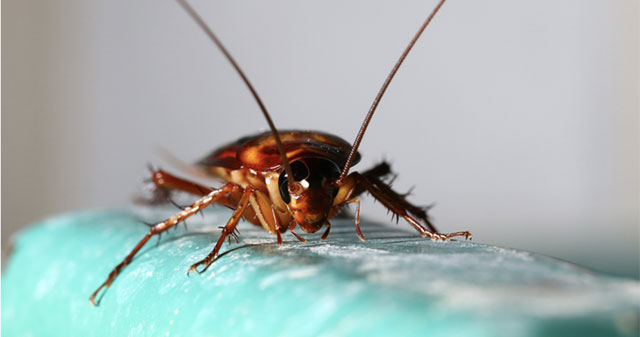
Global Warming Fueling 'Super-Cockroach' Surge
A spike in temperatures is supercharging a "mutation" of cockroaches, making them even harder to kill with pesticides, leaving humans struggling to cope.
According to Euro News, climate change is not only triggering an alarming increase in cockroach populations but also altering their genetic makeup.
Spain Witnesses Surge in 'Mutant' Cockroaches
In Spain, authorities have already reported a 33% increase in cockroaches compared to 2023. Experts attribute the emergence of these "mutant" roaches to the unusually elevated temperatures.
Higher temperatures accelerate cockroaches' metabolism, particularly in the German cockroach species, which is a significant concern due to its prevalence in homes and food businesses.
Extended heat also prolongs cockroaches' reproduction cycle while simultaneously boosting their resistance to pesticides.
These factors coalesce into a broader and more severe public health issue. Many have noticed cockroaches emerging with increased frequency in both residential and commercial facilities.
Jorge Galván, head of the National Association of Environmental Health Companies (ANECPLA), expressed concern that these genetic alterations are complicating effective pest control. He also noted that warmer conditions "create the ideal scenario for incubating eggs."
Carlos Pradera, technical director at pest control firm Anticimex, stated, "The more we fight them, the more their resistance and adaptation mechanisms increase," as reported by Murcia Today.
Sustainable Pest Control Methods Needed
Beyond cockroaches, other insect species, such as tiger mosquitoes, are also developing immunity to human pest control tactics.
However, pest control professionals are working to address the situation, shifting towards less invasive and sustainable methods, ranging from improved sanitation practices to mechanical traps.
Pradera advocates for these approaches as "the best solutions." Experts also emphasize their preventative value.
German cockroaches were first introduced to Europe in the 18th century and have been managed using a variety of methods over the decades. In the 1990s, insecticide spraying was gradually replaced with "sweet bait" laced with pesticides, releasing fewer harmful chemicals into the environment.
However, the current generation of cockroaches is showing reduced susceptibility to this technique, resulting in higher survival rates and longer lifespans.
Cockroaches Poised to Emerge with Spring's Arrival
As spring approaches, cockroaches tend to emerge from hibernation. According to WebMD, not only do they carry a pungent odor, but they can also spread diseases by tracking bacteria on their bodies due to their tendency to travel between different environments.
Cockroaches are nocturnal, so many are increasingly noticing swarms of them scurrying about in Spanish villas or hotels after sunset. This development not only poses a nuisance to residents but also raises concerns for tourists planning summer vacations in Spain.
